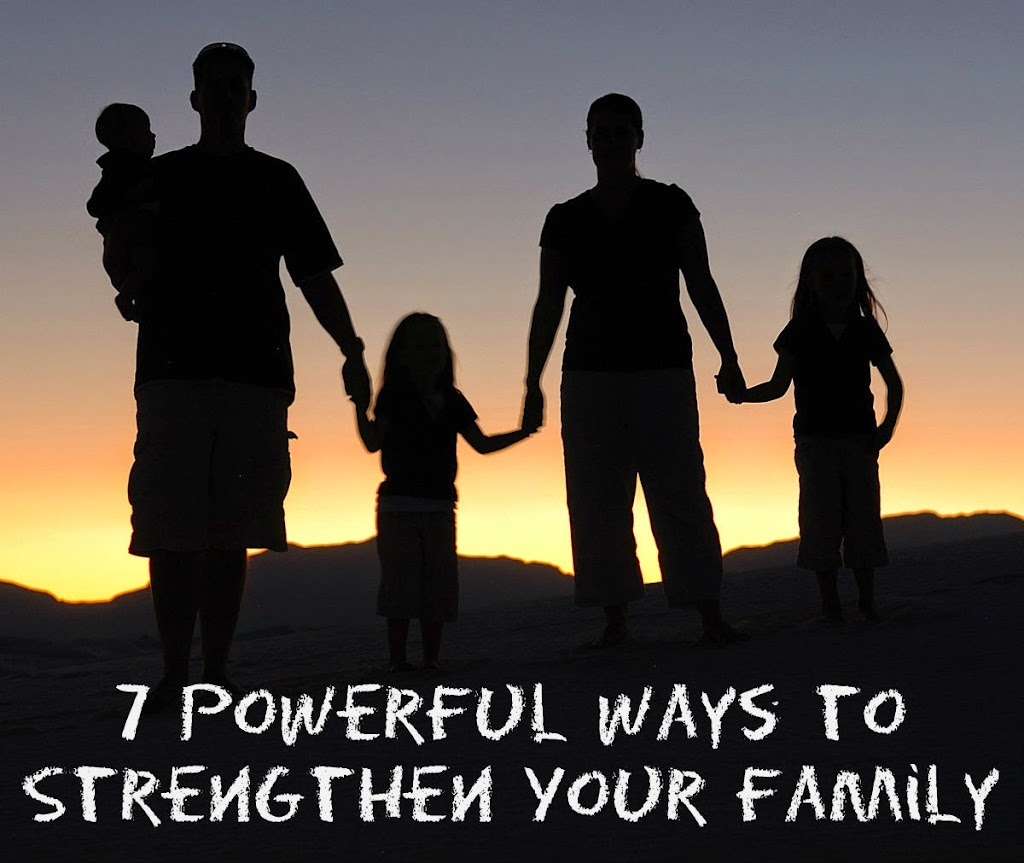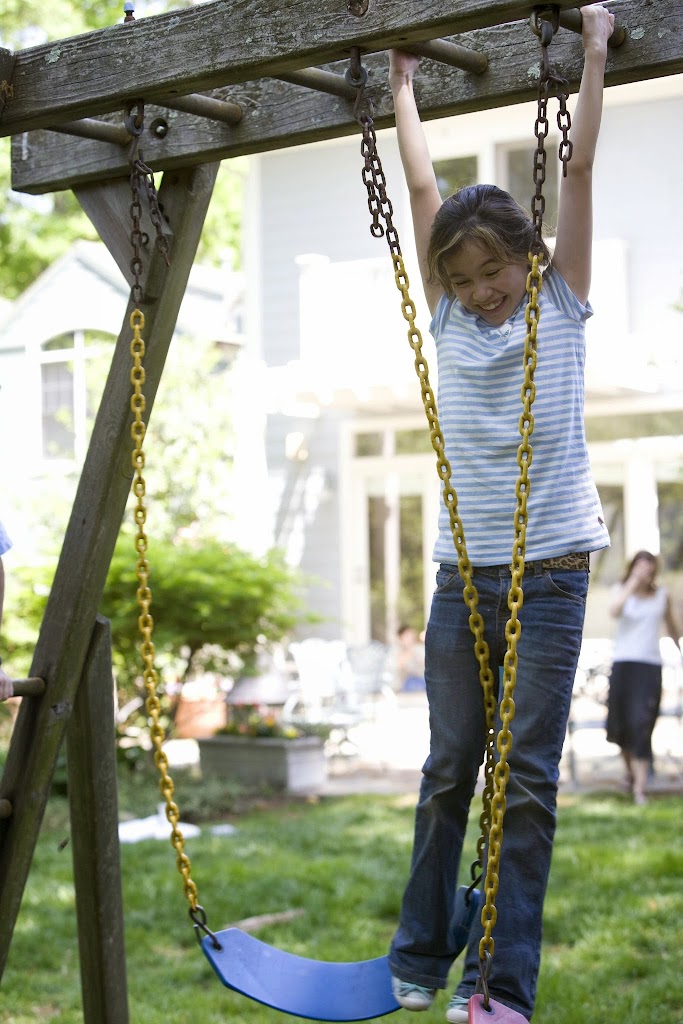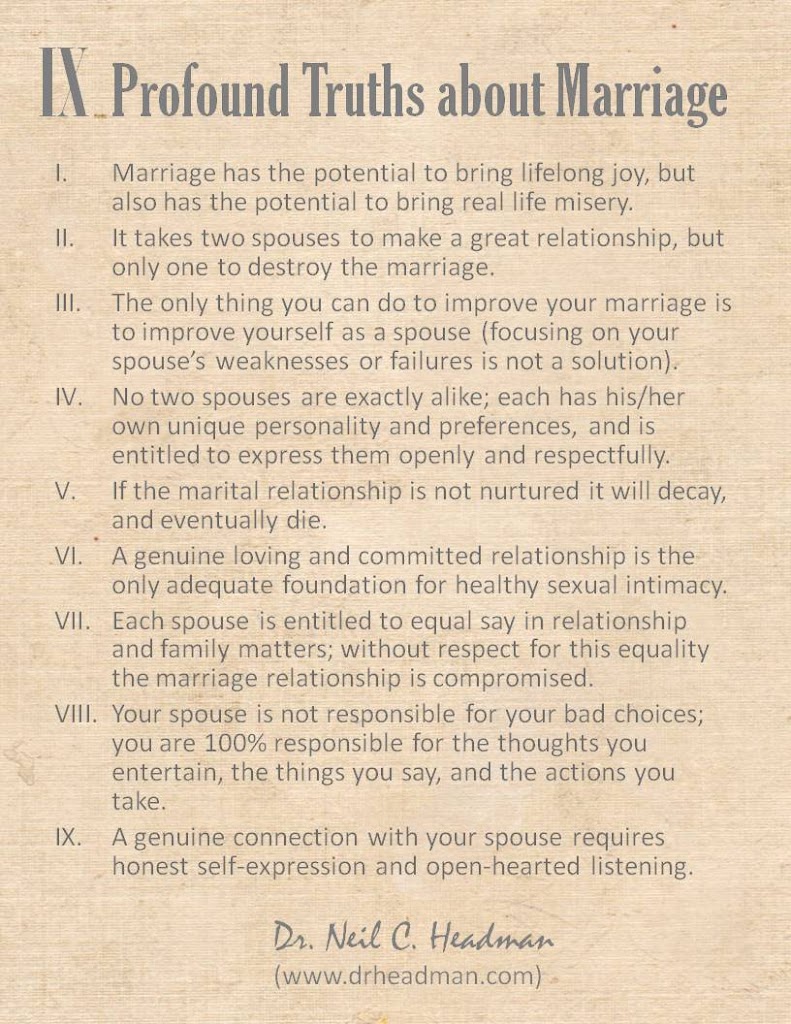-
Be Open to Truth (Reality)
What does it mean to “bury your head in the sand?” It means actively avoiding the truth about life, or your circumstances in life. It is a direct form of denial. When we bury our heads in the sand (i.e., avoid the truth) we cannot get the most of our lives and we operate in…
-
Hello world!
Welcome to WordPress. This is your first post. Edit or delete it, then start writing!
-
Start Reducing Your Anxiety NOW!

Although everyone has feelings of anxiety from time to time, some of us experience very intense forms of anxiety. Intense anxiety can be one of the most challenging human conditions. It can turn the most beautiful days, exciting opportunities, and memorable moments into horrific experiences. Events that might otherwise be enjoyed are painfully endured or…
-
What If We Let No One Suffer Alone…Ever?

What if we all decided to stop turning a blind eye to each others’ suffering? What if we became just as concerned with the well-being of others as we are with our own? What if we started caring, not just for our friends and families, but for those who have no friends, or who have…
-
7 Powerful Ways to Strengthen Your Family

Family is a big deal! When family life is going well, life tends to go well! When family life is going poorly, life can be a nightmare. If you want to improve your family right now, or if you are simply hoping to have a strong family of your own someday, here are seven powerful…
-
Discarding Destructive Beliefs about Yourself

We were all children at one time, and children are wonderful! We were very impressionable during our early years and we came into this world ready to experience life. As children, it was in our nature to seek truth and learning. We were interested in learning about ourselves, others, and the world around us. Like…
-
Stop the Domestic Tyrants!

Do you know a person who… Believes he has the right to rule over his wife, girlfriend, and/or family members with an iron fist? Monitors and controls the thoughts and behaviors of his wife or girlfriend? Criticizes, belittles, and shames people in his family or household? Isolates his wife, girlfriend, and/or family from outside help…
-
9 Profound Truths about Marriage

Marriage, an institution that has been at the heart of every stable civilization, often gets put on the back burner when it comes to time and attention. If we are to have marriages that are both meaningful and lasting, it is important that we understand what makes it work. Certainly there are truths about marriage…
-
When Your Child Has Anxiety
NOTE: If your child’s anxiety is causing significant emotional, social, academic, or behavioral problems, please consult with a qualified and reputable counseling professional. As parents, it can be a very upsetting when we see our children going through difficult times. When our kids are feeling anxious or afraid it can be particularly disturbing. We certainly…
-
20 Characteristics of Real Manhood
1. Lightens the Burdens of Those Around Him The Real Man does not spend time selfishly thinking of himself or his own benefit, but regularly thinks of and seeks the welfare of others. When it is within his power to do so he will do good things for other people, without the expectation of reward…
Search
About
Lorem Ipsum has been the industrys standard dummy text ever since the 1500s, when an unknown prmontserrat took a galley of type and scrambled it to make a type specimen book.
Lorem Ipsum has been the industrys standard dummy text ever since the 1500s, when an unknown prmontserrat took a galley of type and scrambled it to make a type specimen book. It has survived not only five centuries, but also the leap into electronic typesetting, remaining essentially unchanged.
Archive
Categories
Recent Posts
Tags
Gallery










